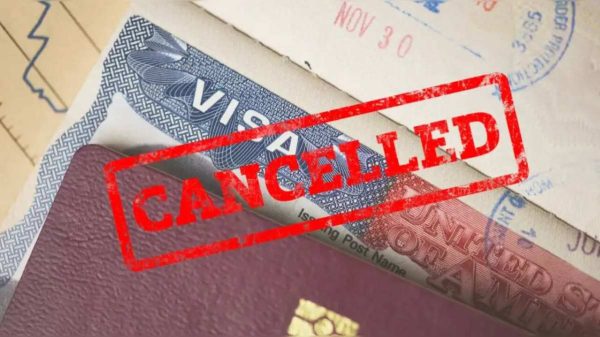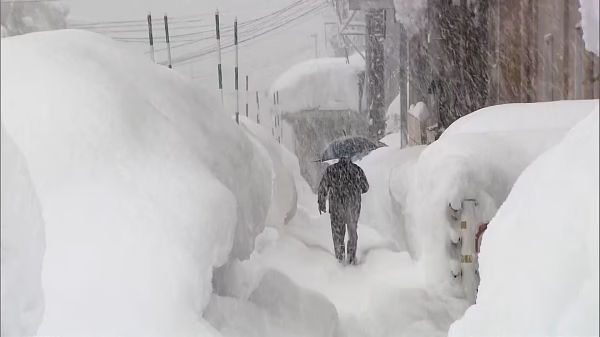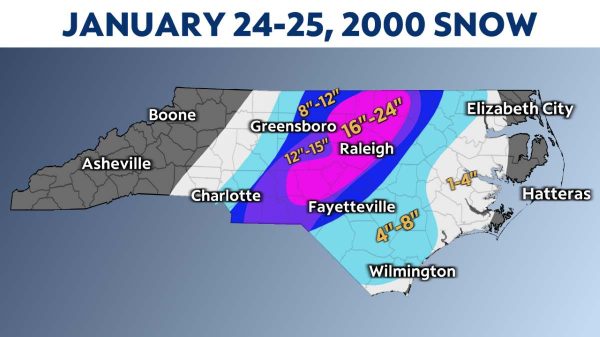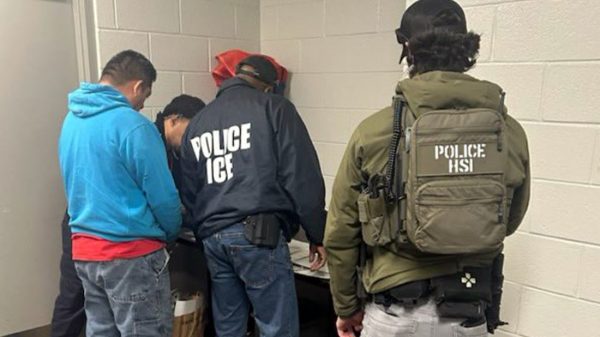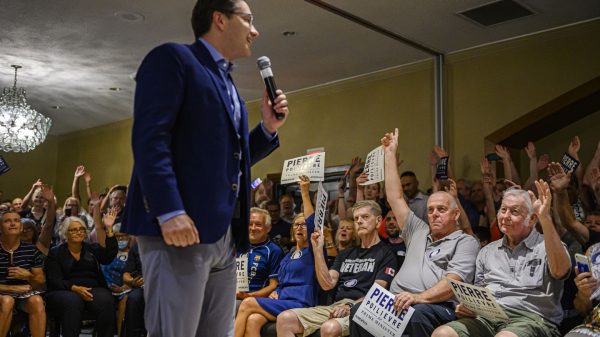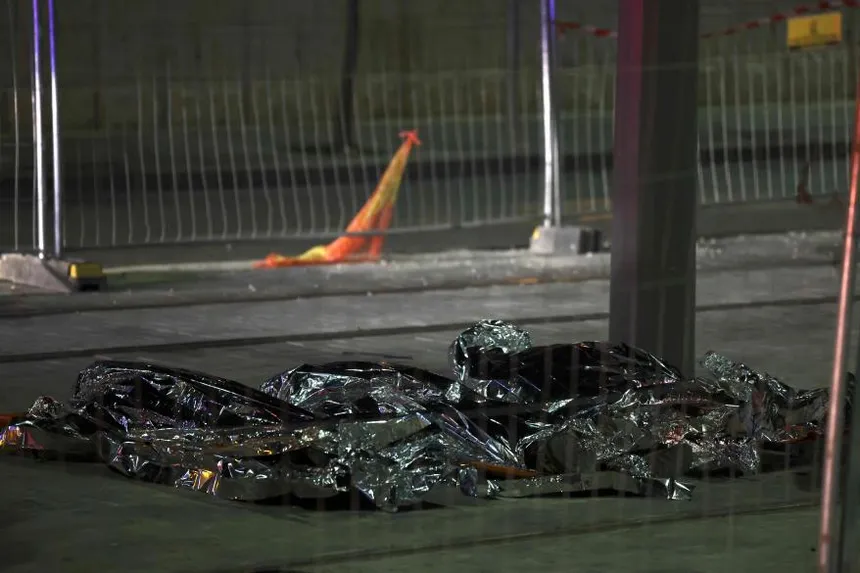As the Jewish Sabbath was being celebrated in Neve Yaakov, a Palestinian gunman opened fire outside a synagogue in east Jerusalem, killing seven people and wounding three others. The attack, which occurred on Friday, has posed a major challenge for Israel’s new government, which is dominated by ultranationalists who have been pushing for a hard line against Palestinian violence.
The gunman, who was identified as a 21-year-old east Jerusalem resident, fled the scene in a car before being chased and killed by police in an exchange of fire. According to Jerusalem police chief Doron Turjeman, the attack was carried out by a lone individual, and investigators have promised an “aggressive and significant” effort to identify anyone who may have helped him.
The attack is the deadliest on Israelis since a 2008 shooting that killed eight people in a Jewish seminary in Jerusalem, according to Israel’s Foreign Ministry. The victims included five men and two women, including several who were 60 or older. A 15-year-old boy was recovering from surgery at Jerusalem’s Hadassah Hospital.
The incident comes just a day after an Israeli military raid in the West Bank killed nine people, including seven militants, according to Israeli officials. The violence has left many Palestinians and Israelis alike on edge, and there are concerns that the situation could escalate further.
In response to the attack, Prime Minister Benjamin Netanyahu held an emergency security assessment and instructed his government to prepare for immediate action. He also called on the public not to take the law into their own hands, following a similar incident in which an Israeli settler killed a Palestinian man in the occupied West Bank.
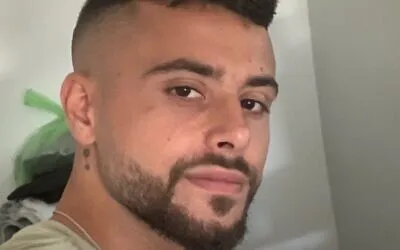
Palestinian Gunman Opens Fire on Synagogue
Meanwhile, Palestinians in the West Bank and Gaza Strip have been holding funerals and protests in response to the violence. On Friday, scuffles broke out between Israeli forces and Palestinian protesters after the funeral for a 22-year-old Palestinian who was killed in clashes with Israeli forces on Thursday.
Tensions have been high since Israel stepped up raids in the West Bank last spring, following a series of Palestinian attacks. The West Bank has seen a surge in violence in recent months, with over 150 Palestinians killed in the past year, according to Israeli rights group B’Tselem.
The situation is increasingly volatile, with both sides trading fire and violence. On Thursday, Israeli air strikes in Gaza were met with Palestinian rockets, but the exchange was limited, with both sides seemingly trying to avoid a full-blown war. Israeli Defence Minister Yoav Gallant has instructed the military to prepare for new strikes in the Gaza Strip, while Palestinian militant groups in Gaza have vowed to continue their resistance against Israeli occupation.
The violence is a stark reminder of the ongoing conflict between Israelis and Palestinians, with no clear end in sight. As the situation continues to deteriorate, there are increasing concerns about the potential for a larger conflict, and the humanitarian impact on those caught in the crossfire.

